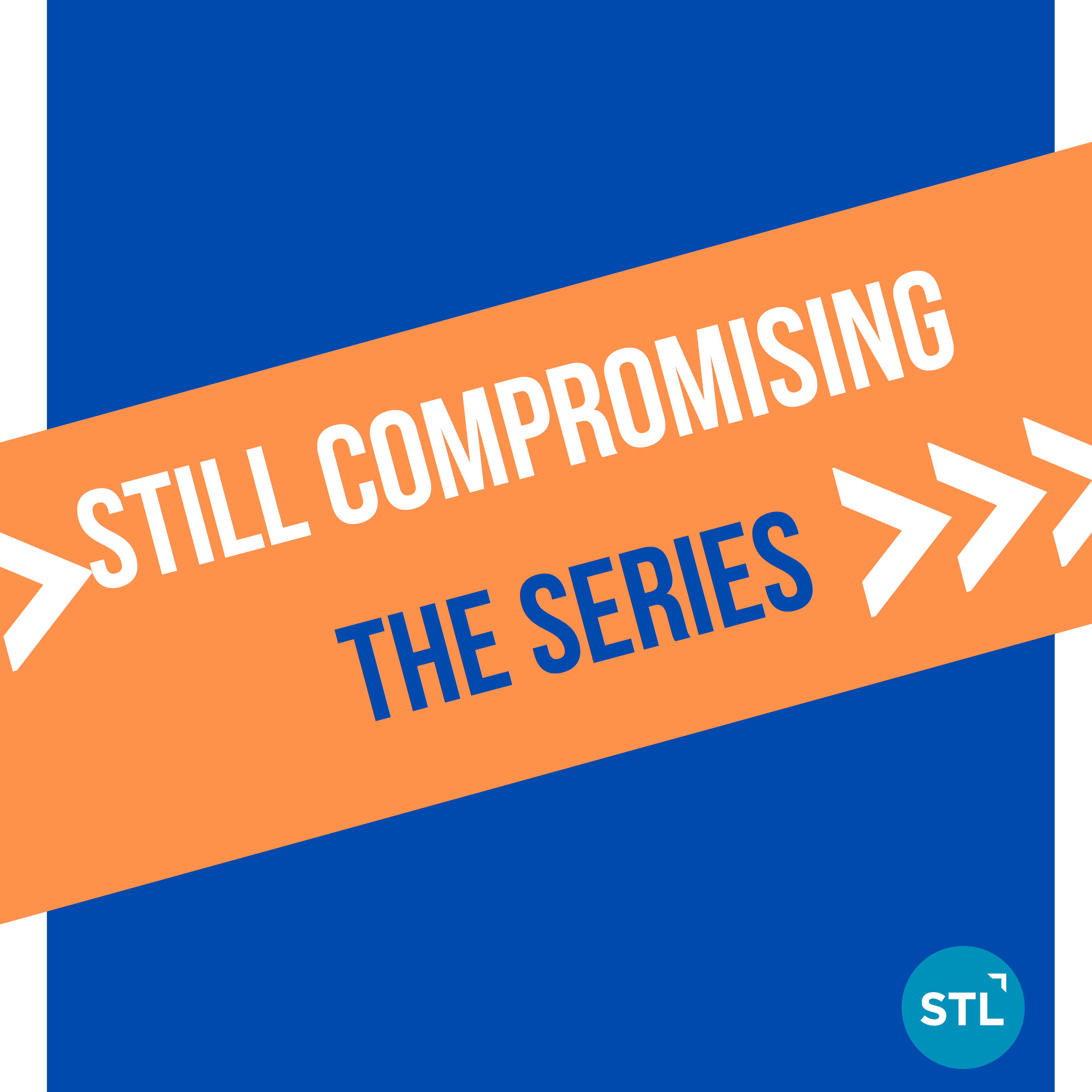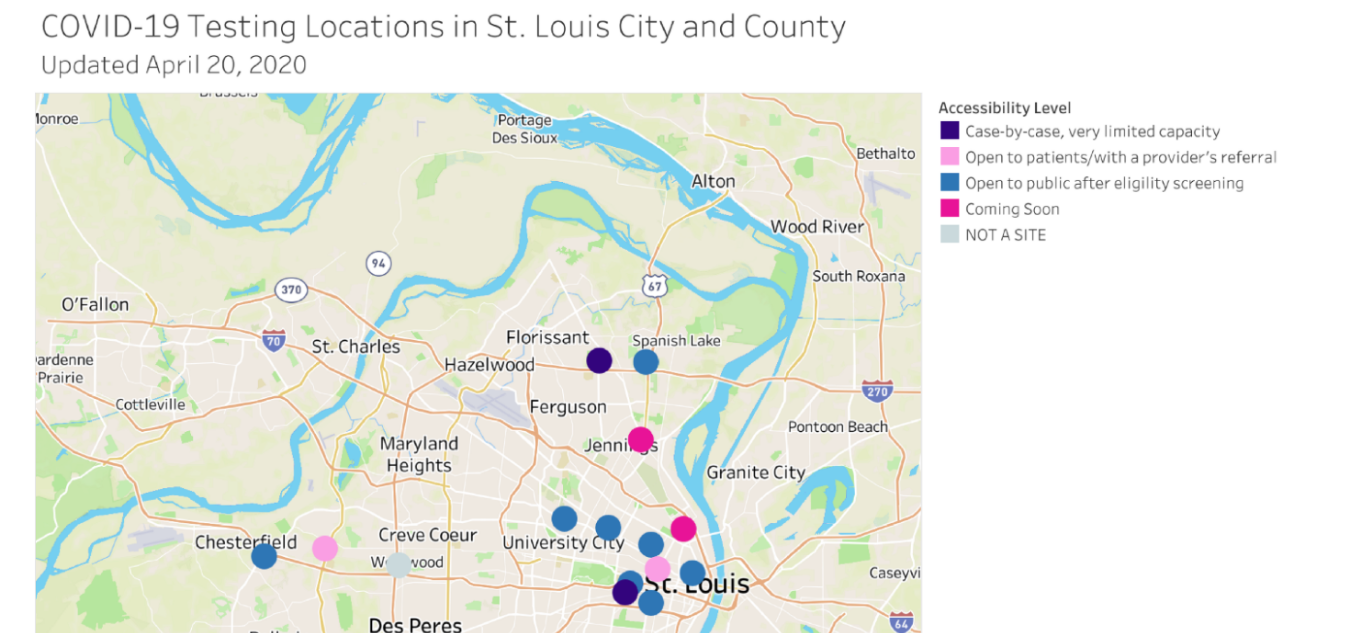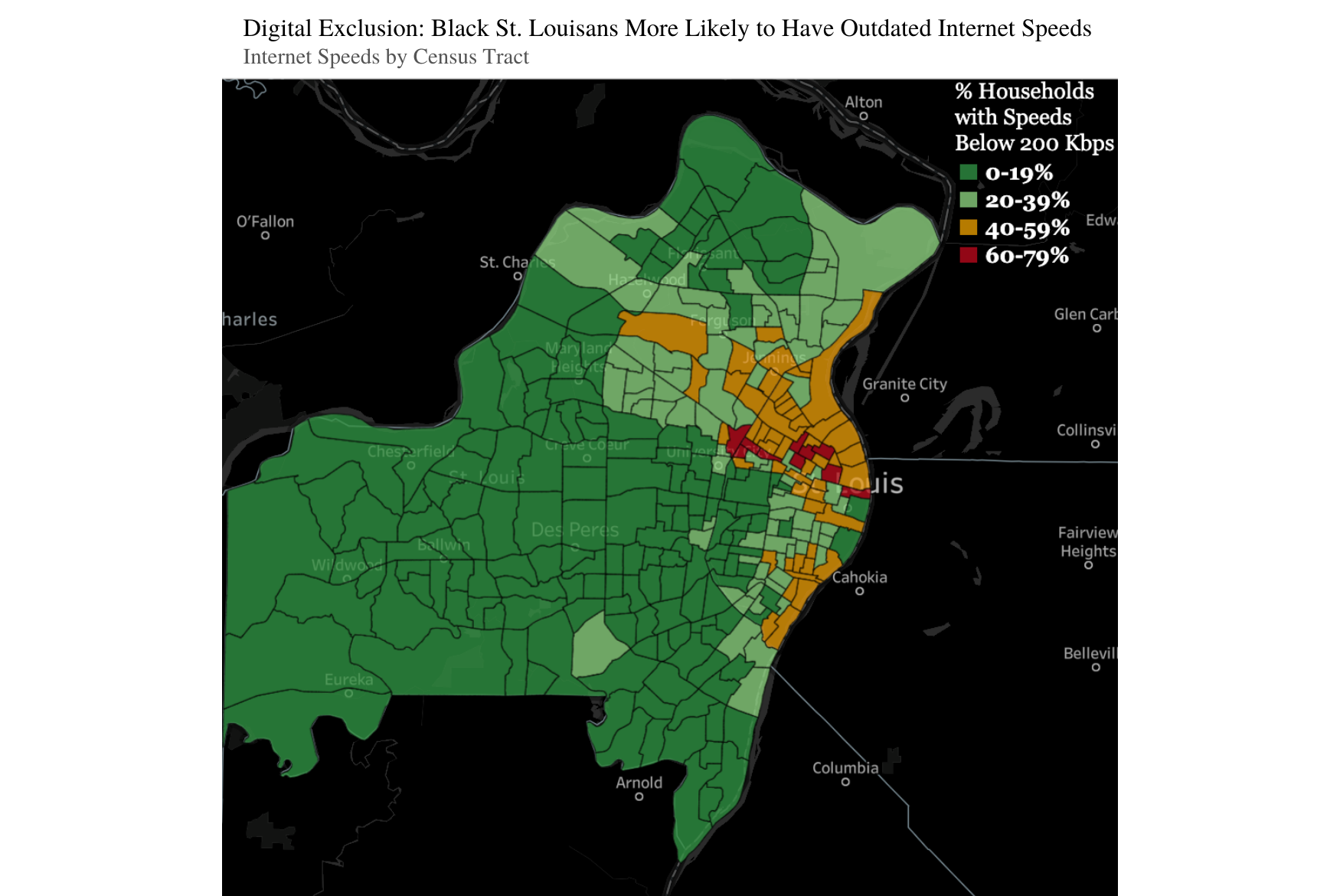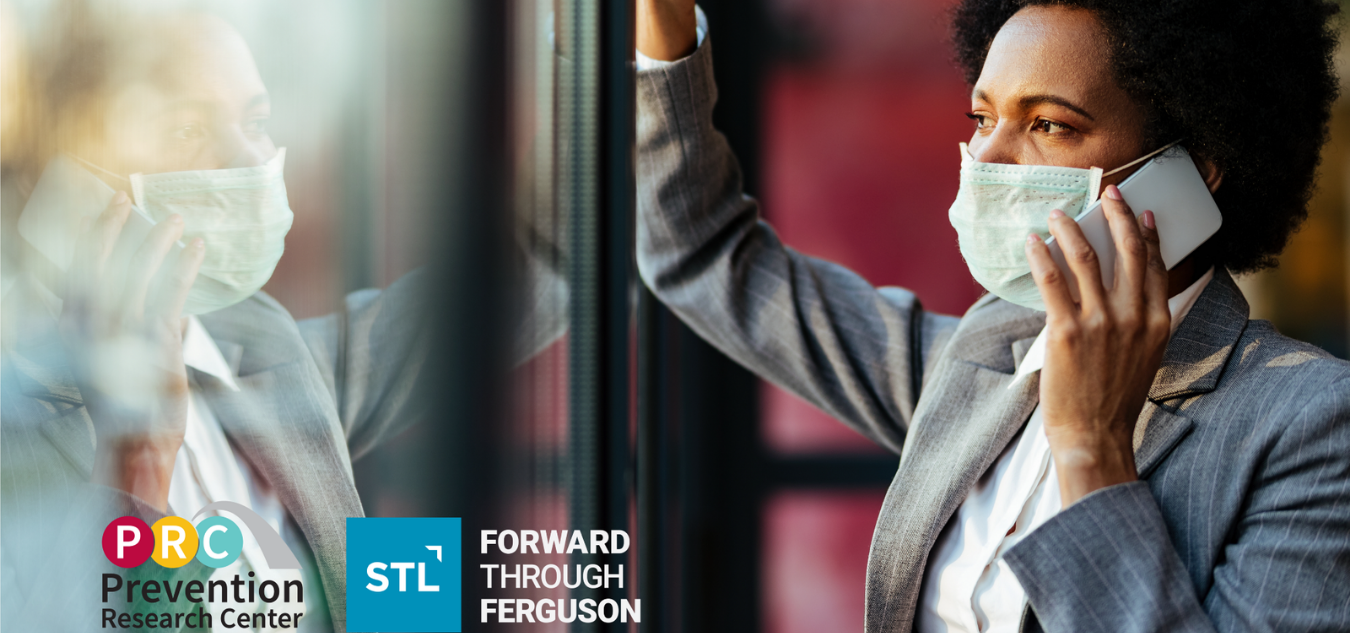Still Compromising — The Disparate Impact of COVID-19 in St. Louis
In March of 1820, the Missouri Compromise was signed and the state of Missouri was born out of an insistence on the continued systematic subjugation and devaluation of Black lives. In March, April, and beyond during 2020—200 years later—COVID-19 is revealing that we are still very much grappling with that original sin.
The pandemic and its disproportionate effects on Black St. Louisans are pulling back the veil on our broken and inequitable systems. In this series we explore how COVID-19 has laid bare the ways we continue to compromise on our shared values and how we can use this crisis as an opportunity to catalyze Racial Equity. #StillCompromising
With the arrival of the final episode of the series, we’re pulling them all into one place for easy access.
Still Compromising Episodes
Episode 1: (How We Know) Who Gets Sick?
Episode 2: Who Gets Sickest?
Episode 3: Who’s an Essential Worker?
Episode 4: Who Pays the Price of the COVID-19 Economic Crisis?
Episode 5: The Virtual Learning Apartheid & COVID-19 – Who’s Left Behind?
Episode 6: Resistance & Revival. Toward a St. Louis New Deal.

Episode 1: (How We Know) Who Gets Sick?
For this series opener, we rewound the clock and take a look at how testing has happened in the state and how current patterns in disease and death are partly a result of early and ongoing systematic testing inaction and inequities.

Episode 2: Who Gets Sickest?
Let’s take a look at what puts Black St. Louisans at greater risk for hospitalization and death once exposed to COVID-19, and as a result, how efforts and resources should be targeted in St. Louis in order to ensure equity now and in the long term.
Episode 3: Who’s an Essential Worker?
As many of us grow tired of working from home or are left reeling after a furlough or layoff, there is a third group of workers that have received comparatively little attention. While we have rightly applauded the healthcare workers who are on the frontlines of this pandemic, they make up only a fraction of all essential workers. These are the workers who are right next to them, cleaning our hospitals, stocking our grocery store shelves, caring for our children, and collecting our trash, are the other essential workers – the ones it is far easier for all of us, including leaders, policymakers, and COVID-19 response planners to disregard.

Episode 4: Who Pays the Price of the COVID-19 Economic Crisis?
In March, COVID-19 delivered an immediate economic punch to St. Louis households, which Black households felt with much greater force. Let’s take a look at numbers:Nationally, more than 40 million people have filed for unemployment since the start of the pandemic, with higher rates of COVID-19-related job losses and pay cuts in Black and Hispanic households. In St. Louis, the unemployment rate jumped from 3.4% to 11.6% by the end of April. Work in the service industry (e.g., restaurants, bars, hotels), which is more likely to be done by women and Black and Hispanic people, was first to go as it was neither “essential” nor amenable to working from home.

Episode 5: The Virtual Learning Apartheid & COVID-19 – Who’s Left Behind?
In this episode, we discussed the shift to online learning in the wake of COVID-19 school closures and how the region’s Black students are more likely to have a harder time making that shift due to systematic barriers to internet access. Read up on what we can do to ensure all students have the opportunity to engage in distance learning.


Take Action
FTF Co-Chairs and Community Partners Call for Swift Policy Action
Residents Call for Policy Change, Regional Leaders Must Rise to the Challenge Forward Through Ferguson co-chairs, Rebeccah Bennett and Zachary Boyers, and 30 community partners call on policy and decision makers to deliver swift action on Ferguson Commission Calls to Action. Read the full statement on Medium, or download a pdf here. “Unfortunately, we’ve been…
A Path To Racial Equity Worksheet
Racial Equity is a state in which race no longer predicts outcomes. Achieving Racial Equity is the mission of Forward Through Ferguson. But the 189 calls to action in the Ferguson Commission Report are a reminder that there is no one-step, straight-line path from our current state—where racial disparities exist in almost every set of…
Opportunity for a New Approach to Public Safety in St. Louis
An open letter to Mayor Lyda Krewson from Rebeccah Bennett and Zachary Boyers, Co-chairs of Forward Through Ferguson, on the public safety opportunity in front of our region. Click here to download a pdf of the open letter. Mayor Krewson, The retirement of Police Chief Sam Dotson represents a new day for public safety in St. Louis….



#FwdThruFerguson